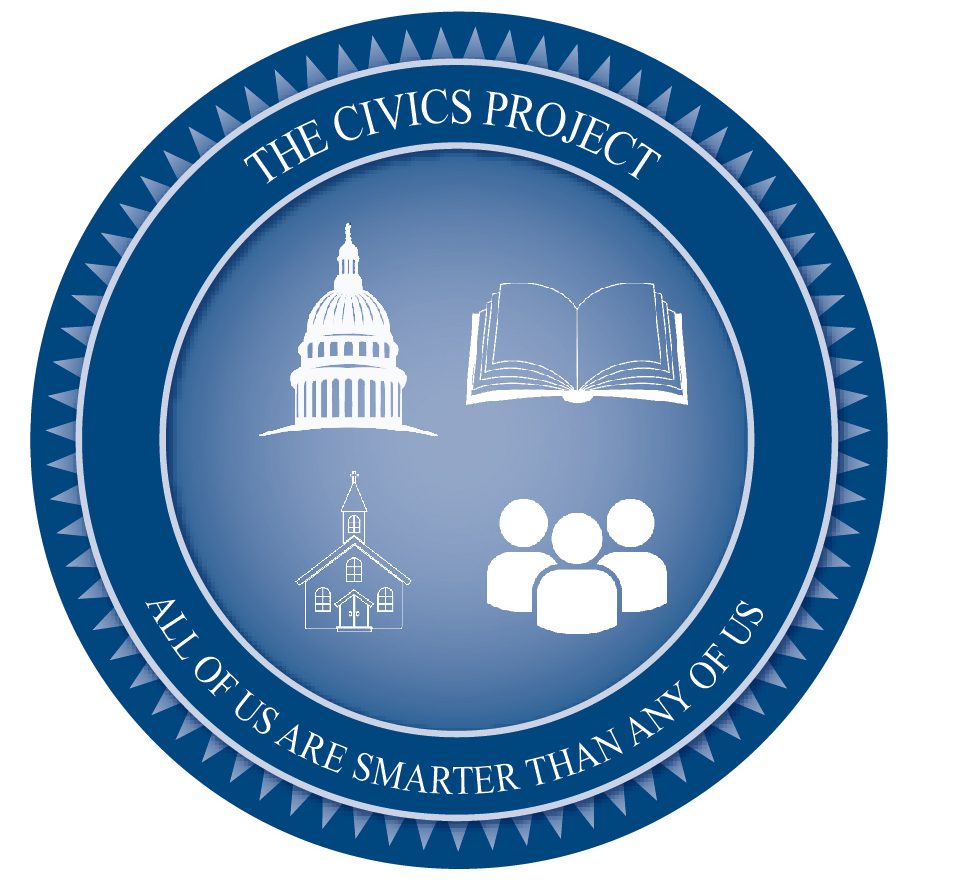We ran for Mayor of Niagara Falls. We won. Now what?
The civics project began with a few educational questions: why is Niagara Falls what it is today, how did it get here, where do people believe it can go, and can we get there. We took advantage of the local campaign season when interest in local management would be at its highest and people would be thinking about such things.
It may have seemed prejudicially negative to ask these questions, but that just showed our inferiority complex and defensiveness These are standard civics questions. Niagara Falls was chosen as a civics experiment specifically because it’s potential is greater than any other city in the United States. It has all the tools for self survival. If given a modicum of self-determination it could become the second most important city in the state – an economic powerhouse. A pleasant accident of geography has provided it unrivaled economic tools.
Civics is all about self-direction. Except for the ice age, everything that happens to any locality happens through human management. No outside forces beyond human control shape a city. The decisions of our city employees is the city we have. The decisions moving forward will become the city of the future.
A different Mayor and new leadership on the City Council are exciting. The “secret sauce” of this city is it’s people. Including those not elected. That’s the greatest takeaway after twenty weeks of talking with people through this column. Whether we’ve maximized our tourism potential or not is a worthy discussion. The more crucial question should be whether we’ve tapped the ability to get all of the residents of the city engaged and involved. All of us are smarter than any of us. It’s never been doubted. It’s just so elusive.
A second takeaway of this project was the speed with which attitudes can change. Conversations during the first weeks were filled with negativity, defeatism and hopelessness. Those are serious emotional conditions! People actually told me that Niagara Falls is beyond hope. They were being honest, and their opinions honed through a lifetime of experience in and around the city. It should not be dismissed as simple negativity that can be erased by cheerleading.
But something happened as the weeks went on, and we kept asking over and over, what would you do if you were in charge, if you were Mayor. Those same people had idea’s. They had dreams. Their shoulders straightened, their voice strengthened, and out came positive, solid, workable plans. Sadly, it seemed as if someone was asking their opinion and picking their brain for the first time in a long time, maybe ever.
The third takeaway was the gulf between the have’s and the have nots in the civics process. A lot gets written about income inequality in society, and rightly so. Just as serious is the gap between those that are connected and those that aren’t. Why does voter turnout hover around fifty percent every year? Because people genuinely believe the system is rigged. Bernie Sanders and Donald Trump have the same message. People believe that they don’t matter. I’m not going to say they’re right. But I am going to say they believe it. Why can’t an entrepreneur with $100 and a dream open a coffee shop in any one of the vacant storefronts dotting the tourist district? Because the system is rigged. I’m not saying that, the general population is. It’s as close to a unanimous comment as I heard through this entire process.
If you’re noticing that all three takeaways involve people, not land or money, you’d be right. People matter more, and have the potential to take us farther, than any other resource.
Now comes the hard part. What do we do next. If we build hope by asking people for their input, but never act on it, their sense of hopelessness might come back tenfold. If someone asks for your advice, you give it, and it’s ignored, you’re more reluctant than ever to fall for that crap again. So we’re at a crucial point. We’ve asked – they’ve spoken – and what are we going to do with what they said.
I cannot provide an answer at this time. It would take an army of researchers and staff to follow up on the ideas people have put forward, decide which make sense and which don’t, and prioritize a path forward. On the other hand, if we involve everyone in the process we do have an army don’t we. It might take several lifetimes to rebuild collaborative feelings between and among city residents. Then again, if we start talking maybe we can heal old wounds more quickly. The obstacles are real, and maybe that’s why this has never been done before. Of course, this is America, and just because it’s never been done before doesn’t mean we shouldn’t do it. The end result is certainly worthy of an effort.
Finally, this is an open thank you to all the people who took the time to speak with me, openly and honestly, both on the record and off. You cared. Also don’t let anyone tell you newspapers are irrelevant. This newspaper cared enough to run this series on the front page each week – which is valuable real estate. The volume of responses shows people still read papers and value the printed word. For proving that all of us are truly smarter than any of us – thank you.
The ultimate civics takeaway: The greatest lie perpetuated on the public is that someone else will fix everything. If we’re sick we expect a pill to fix us instead of exercise and diet changes. When we vote each year we believe we’re done – now someone else is in charge. We need to believe we are always in charge of our own direction.
